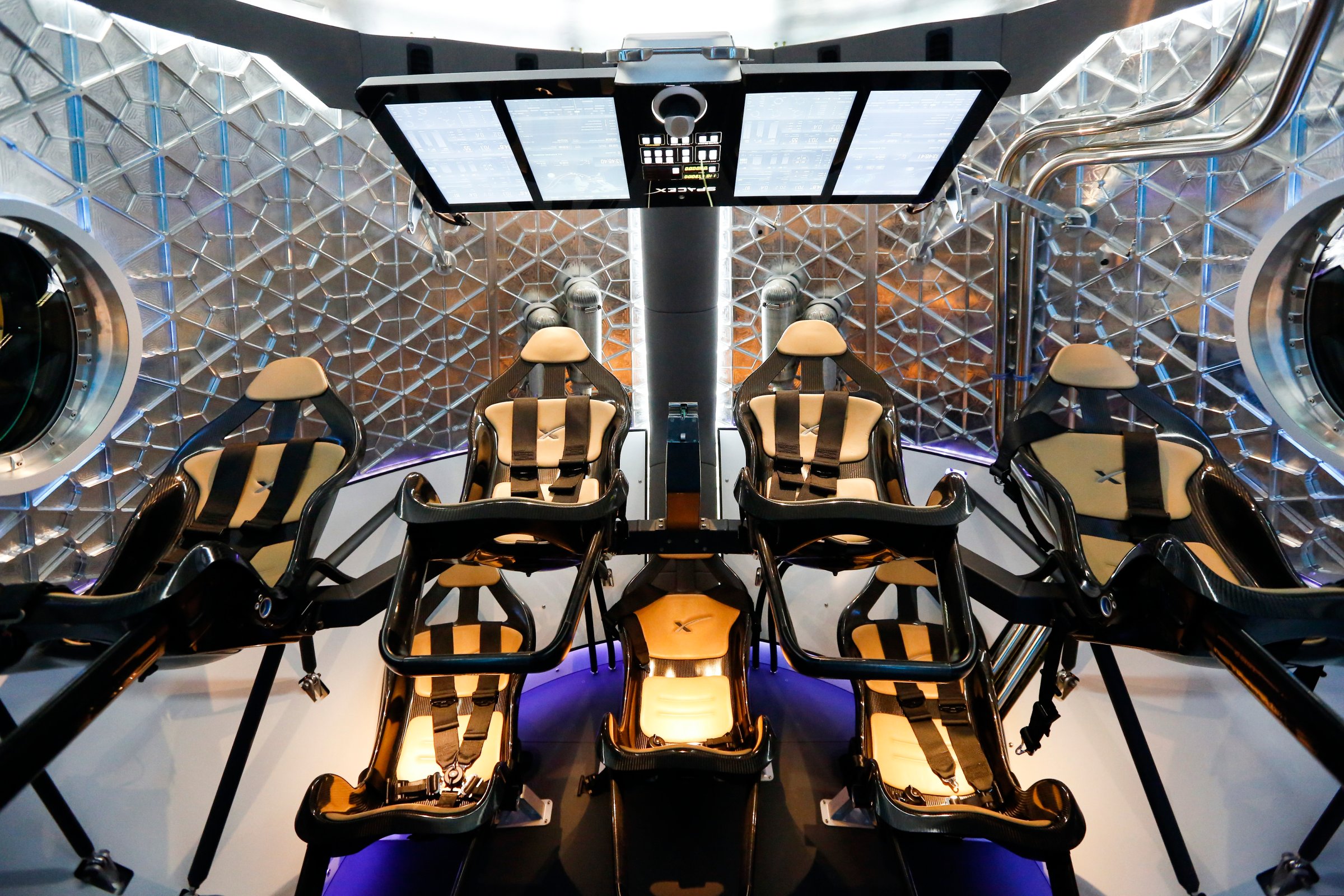
Updated at 5:26 p.m.
NASA awarded Tuesday aeronautical firms Boeing and SpaceX with contracts totaling $6.8 billion to launch astronauts into low Earth orbit under its Commercial Crew Program.
Proposals by Boeing and NASA were selected by NASA to ferry astronauts to the International Space Station (ISS), with the goal of certifying crew transportation capability by 2017, NASA Administrator Charles Bolden said in a news conference.
Boeing was awarded a $4.2 billion contract, while SpaceX was awarded a $2.6 billion contract, said Kathryn Lueders, Program Manager of NASA’s Commercial Crew Program.
“These contracts highlight what commercial companies can accomplish and we are counting on them to deliver our most precious cargo: the crew who will perform vital science research on the ISS,” Lueders said. “Two contracts give us the necessary mechanisms to assure we’re on the right track.”
The contracts are subject to the completion of safety certifications and development efforts for Boeing’s CST-100 capsule and SpaceX’s Dragon capsule, according to Lueders. Specifically, both Boeing and SpaceX will conduct five certification milestones: a baseline review, a design review, a flight test readiness review, an operational readiness review, and certification review.
Once NASA approves that Boeing’s and SpaceX’s systems meet its requirements, the systems will be certified for two to six human missions to deliver cargo and a crew of up to four to the ISS. The missions will enable NASA to nearly double today’s scientific research potential, Lueders said. The capsules will also serve as a “life boat,” capable of holding crew members safe up to 210 days in the event of an emergency.
Bolden emphasized that the contracts are intended to end by 2017 America’s sole reliance on Russia, whose government charges the U.S. $71 million a seat for rides to the ISS. NASA had previously been able to transport crew to the ISS with its Space Shuttle, but retired the vehicle in 2011. Its replacement craft, the Orion, isn’t set for manned missions until after 2020.
A third contender in the space race, Sierra Nevada, did not secure a piece of the deal with its winged spacecraft, the Dream Chaser. Boeing, with its decades of experience supplying parts and expertise to NASA, was widely considered a favorite among the three companies vying for the NASA contract. SpaceX founder and billionaire Elon Musk had previously criticized Boeing for being too close to NASA.
PHOTOS: See SpaceX's Biggest Milestones
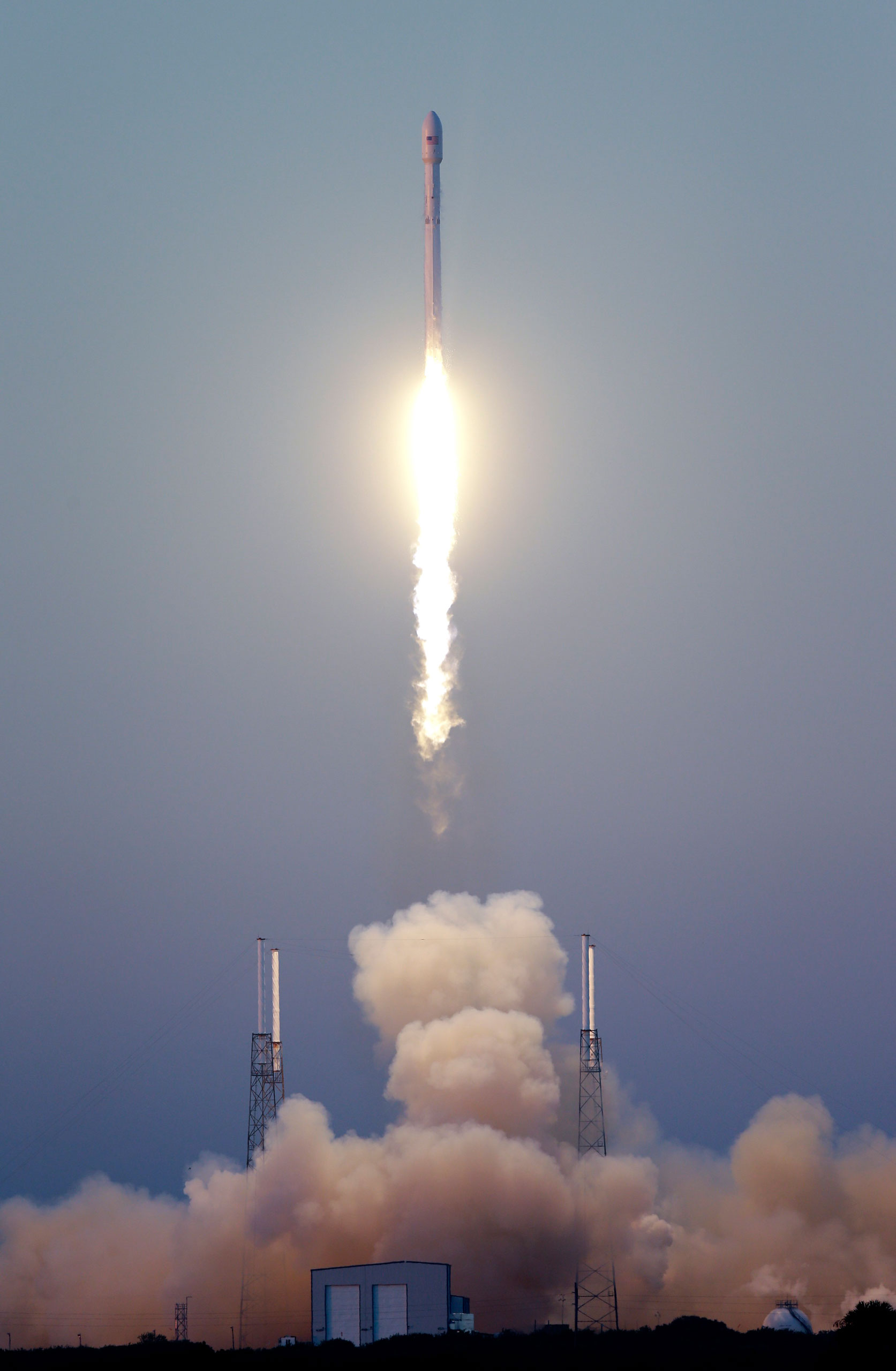
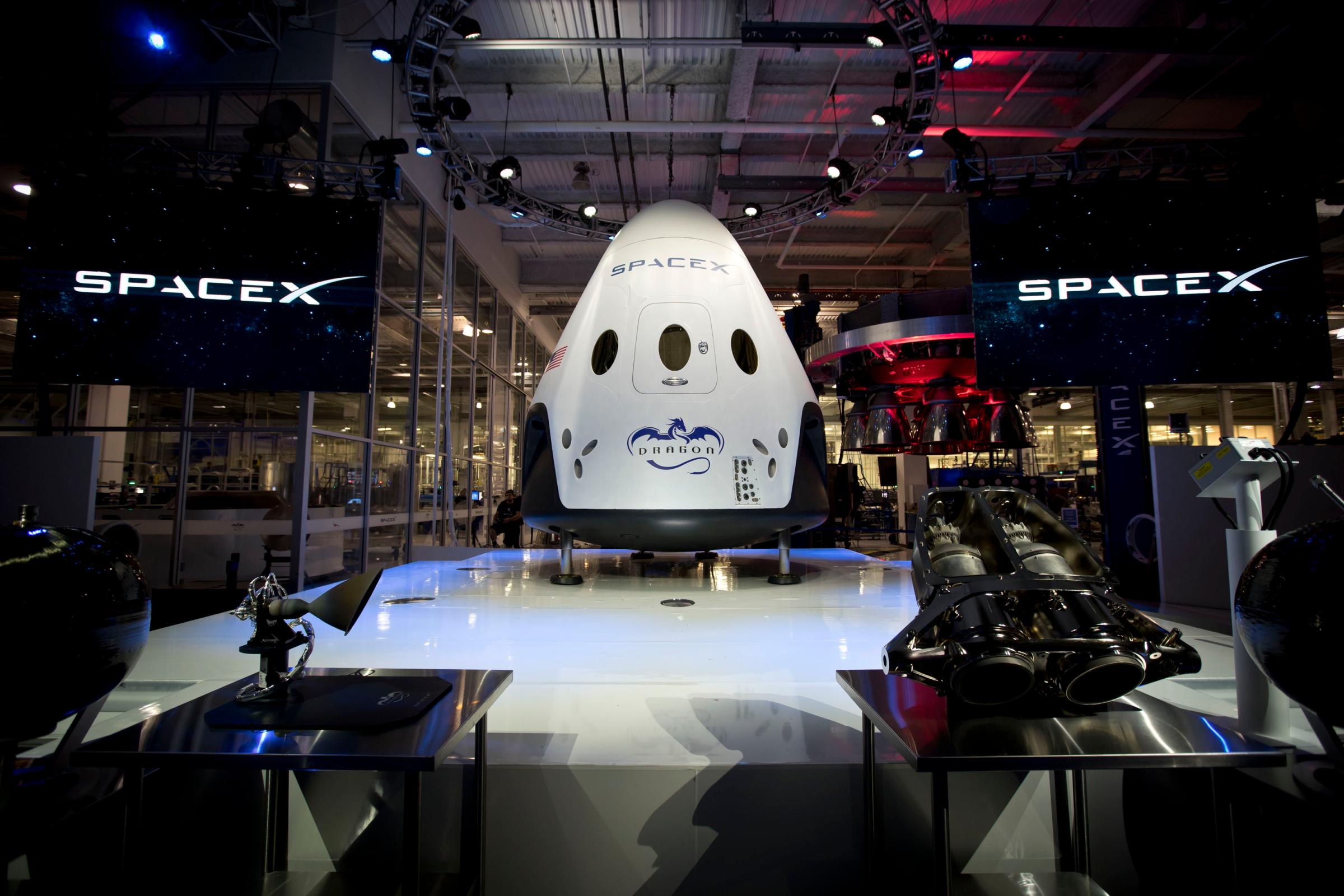
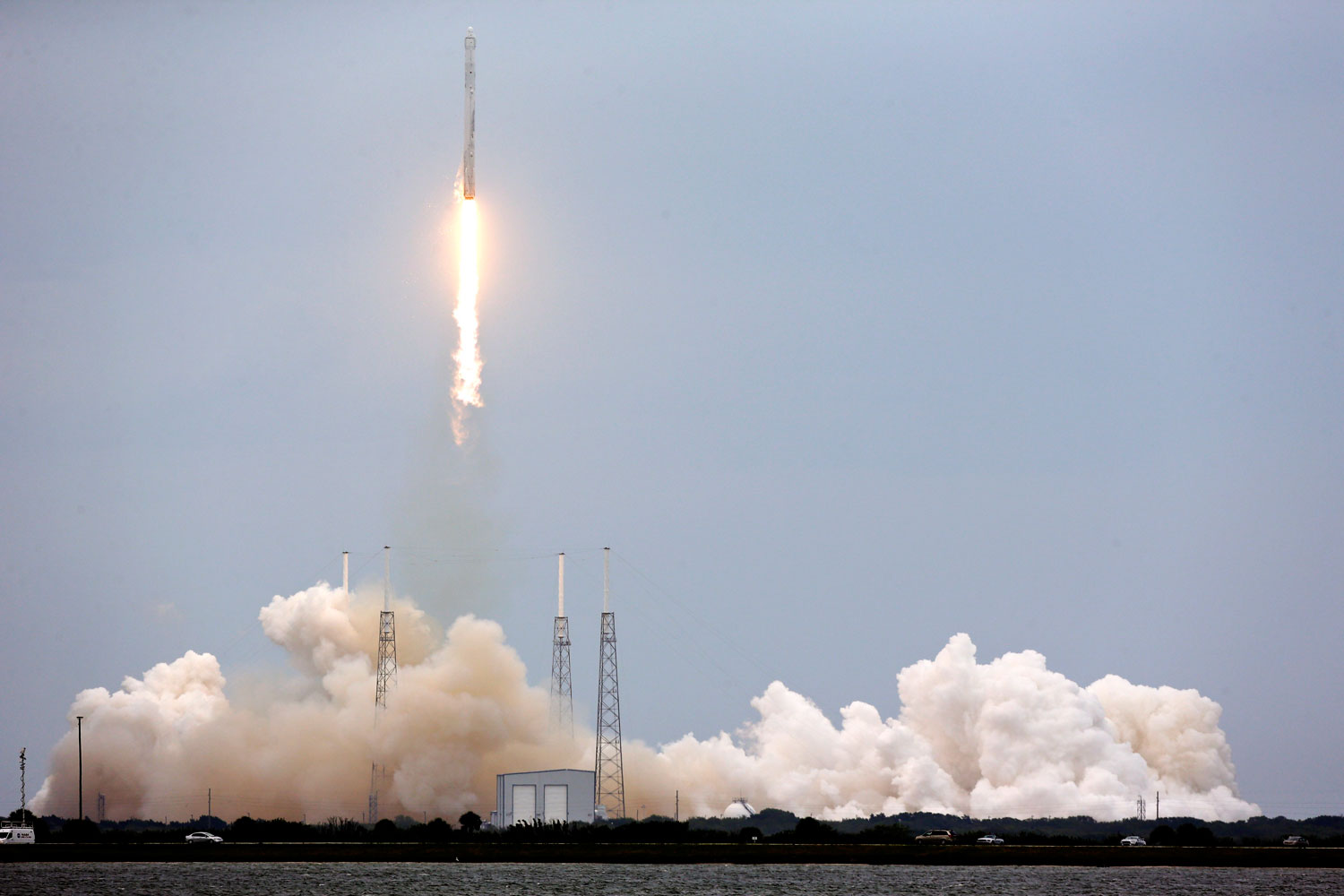
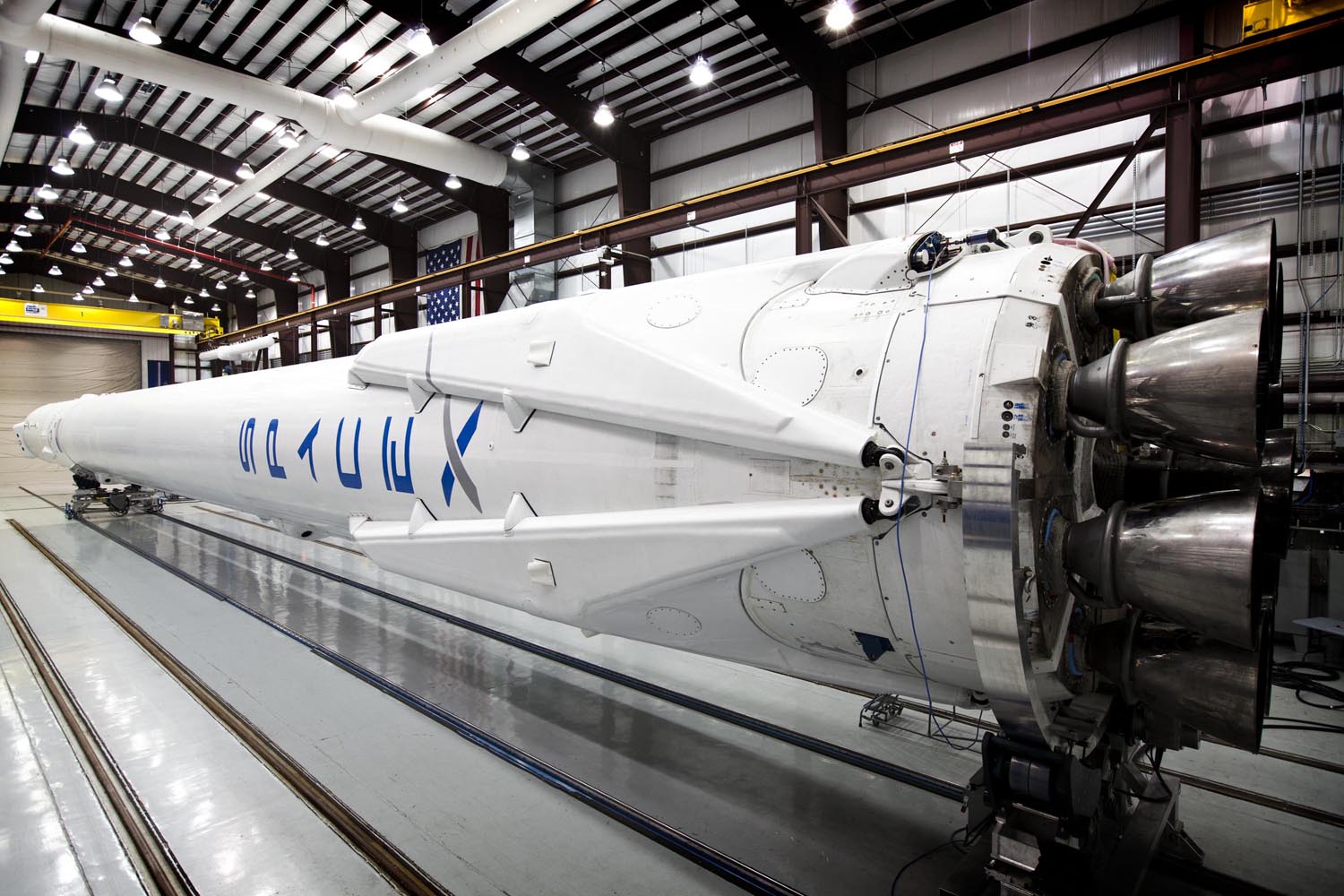
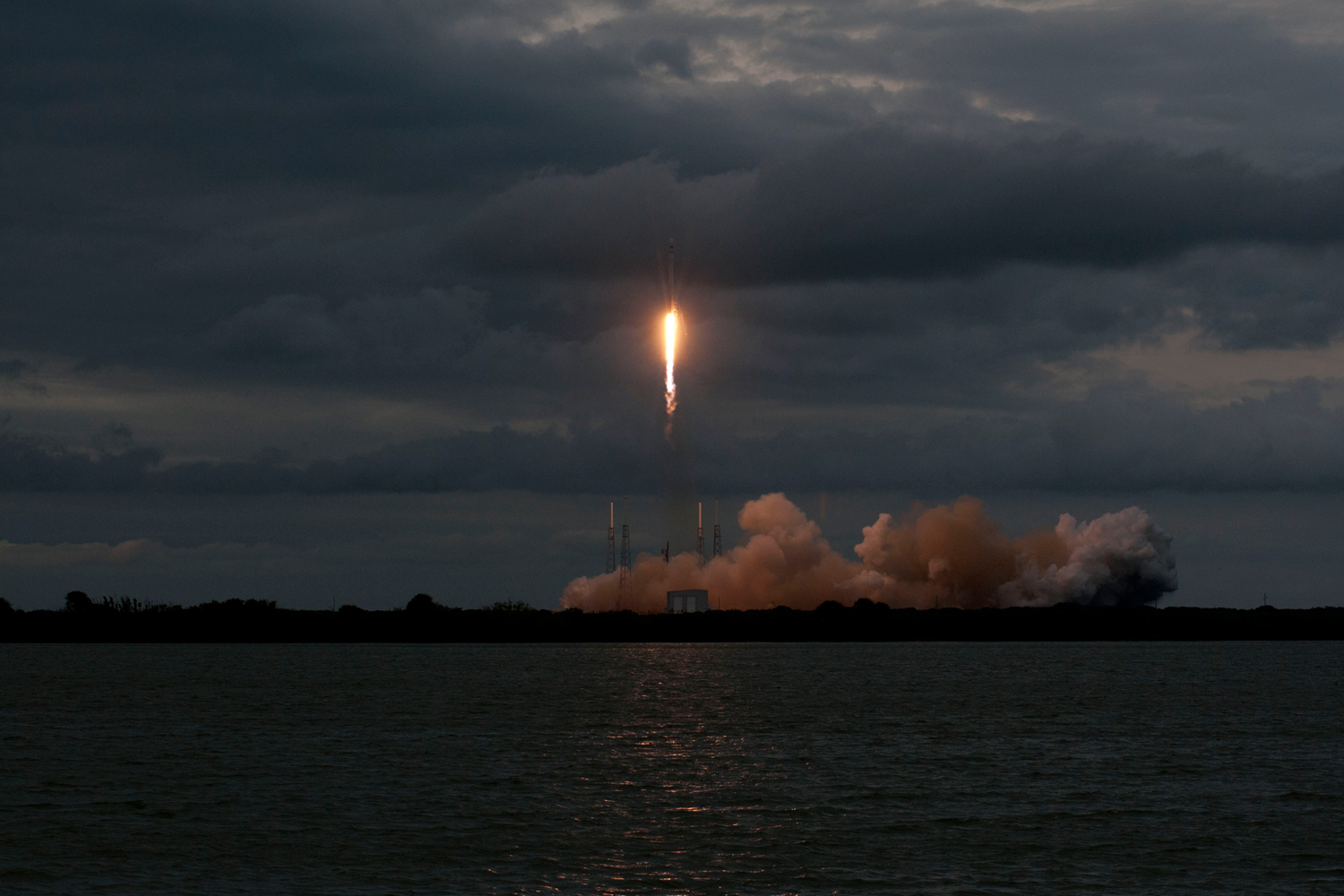
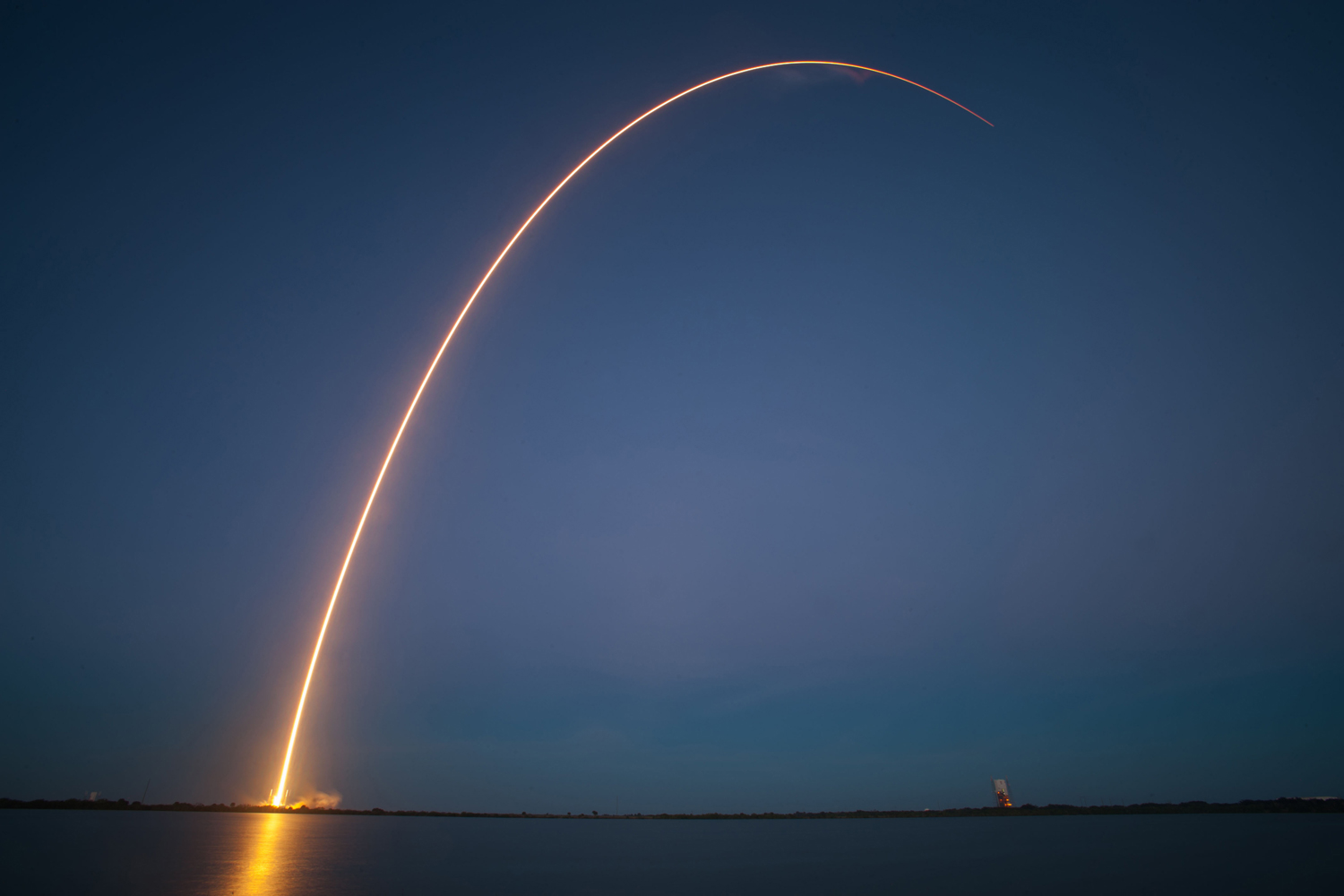
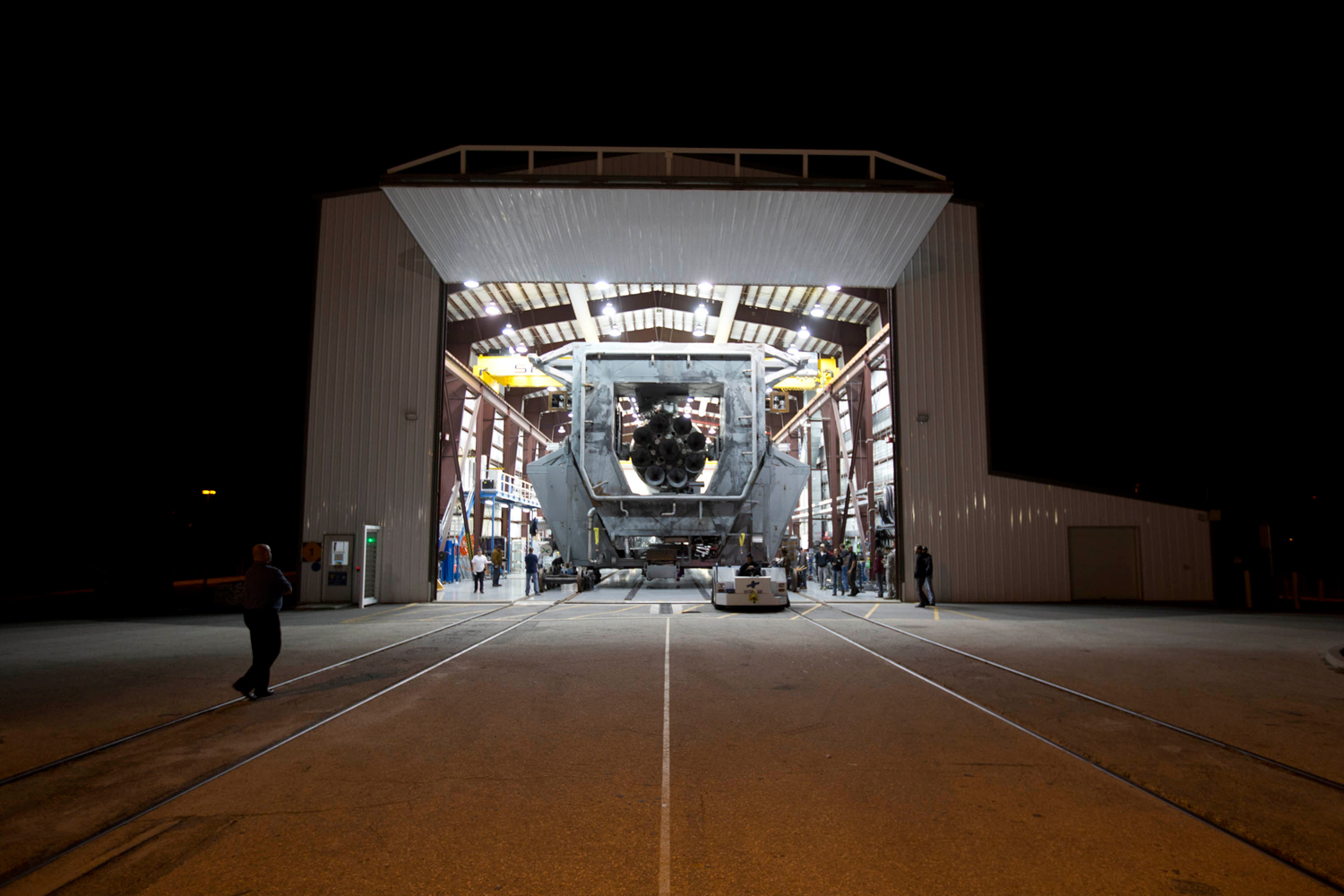
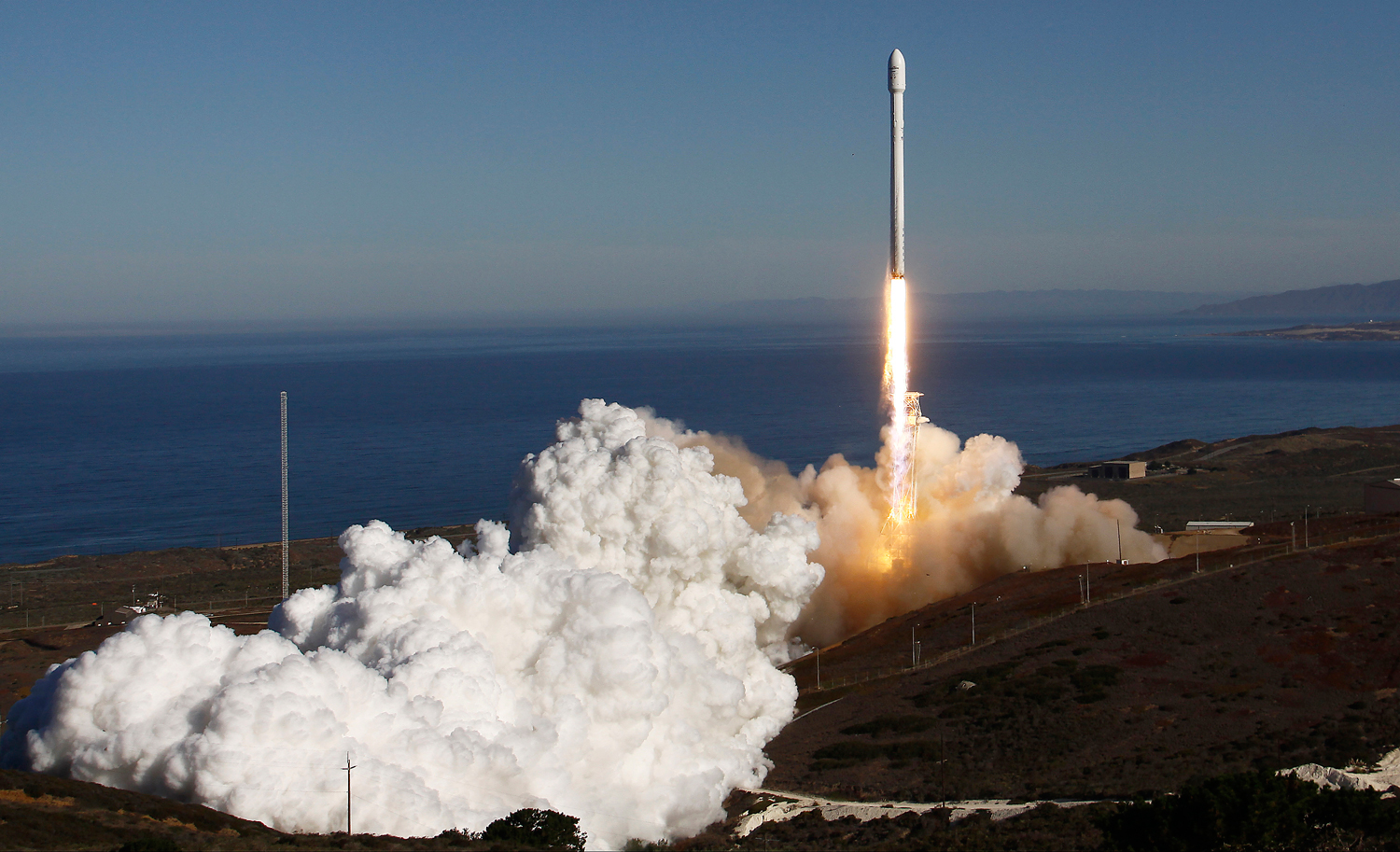
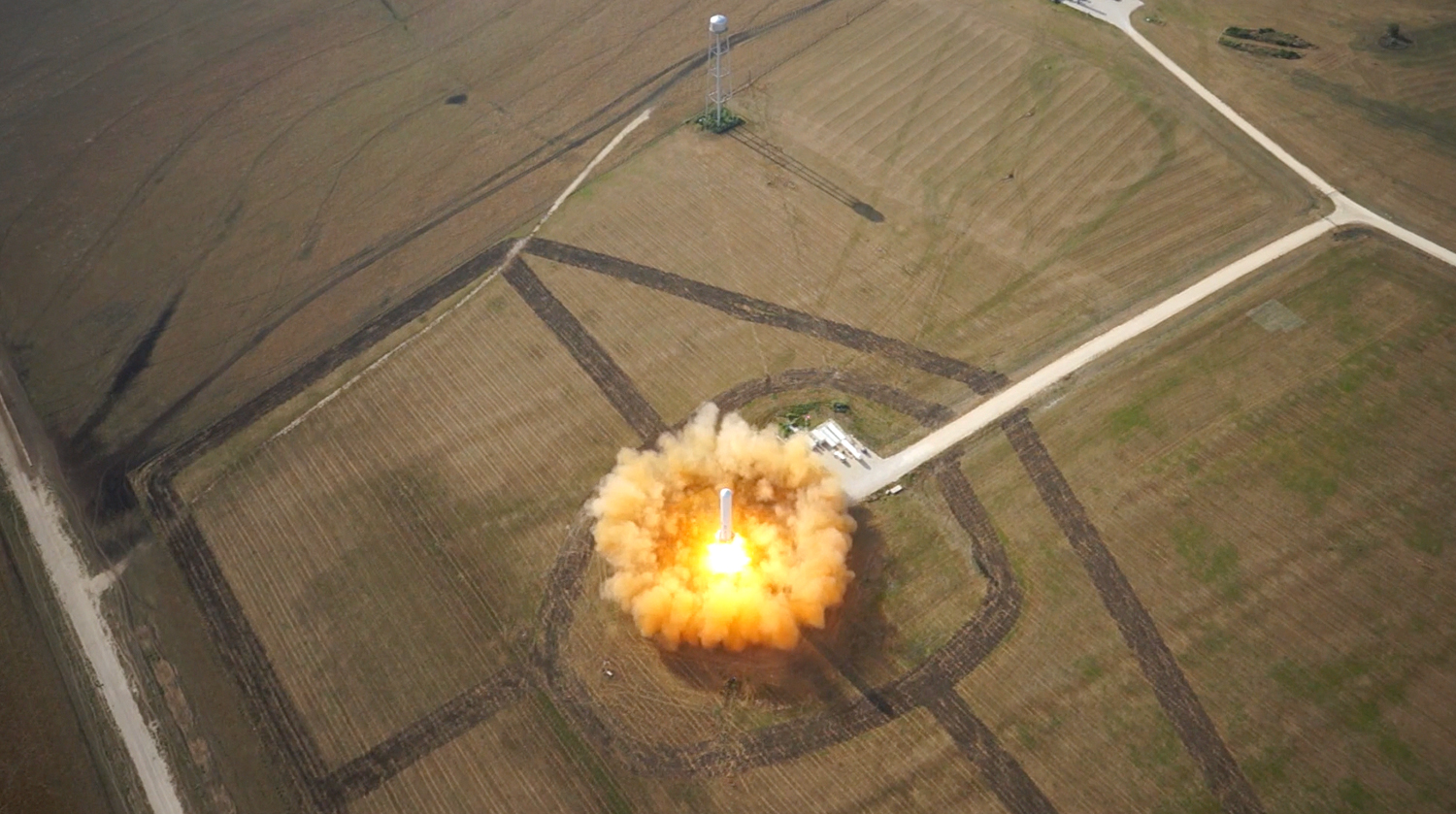
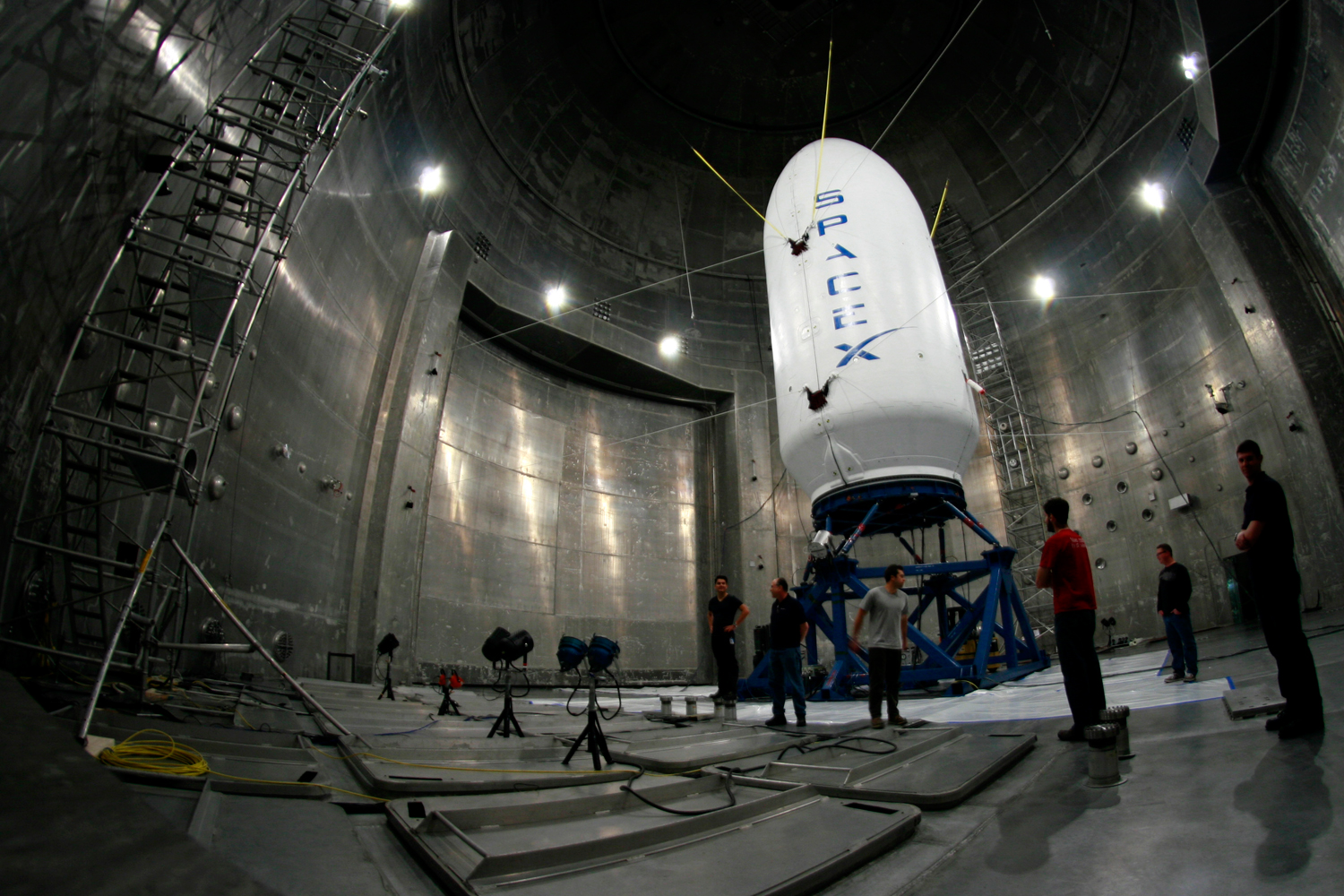
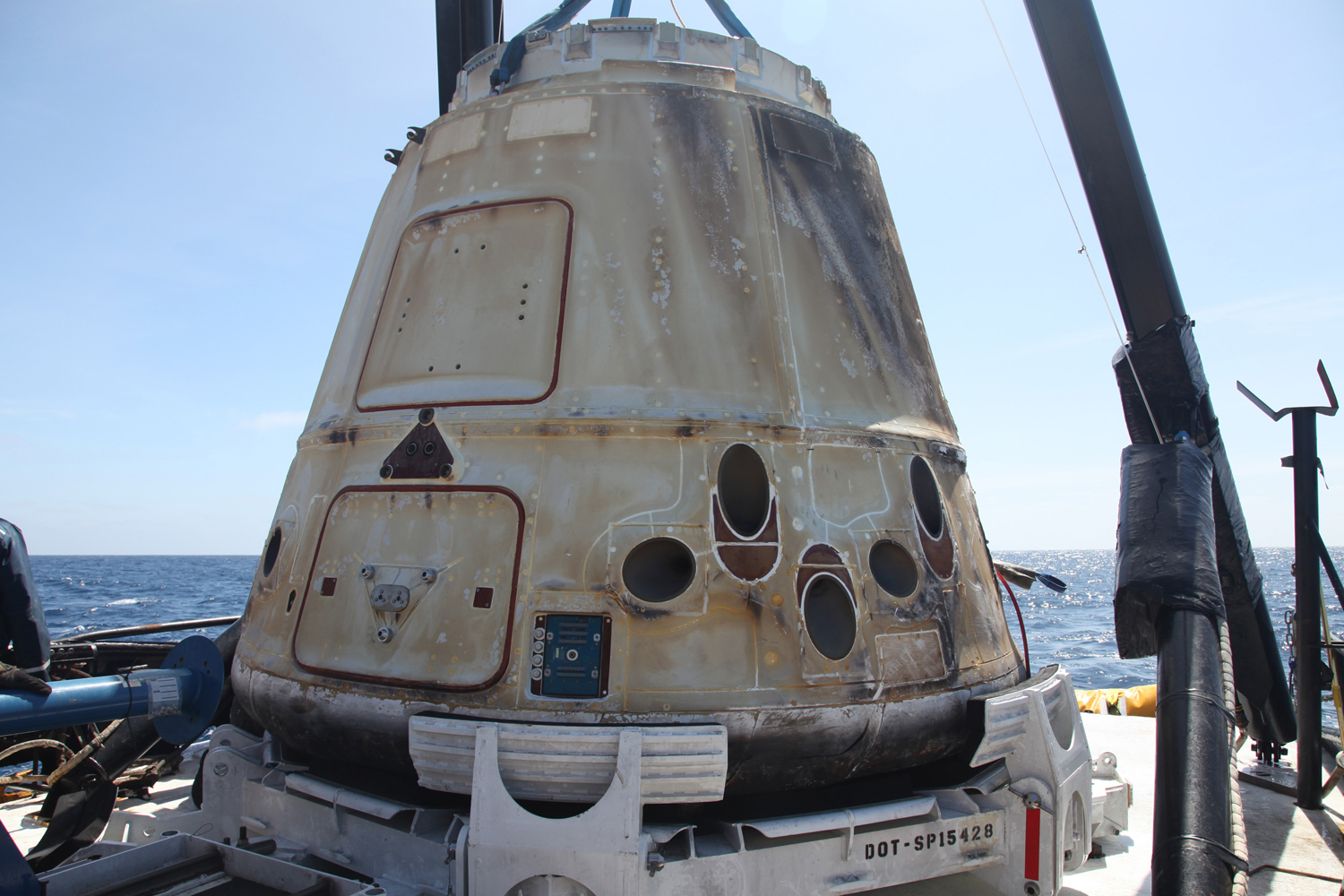
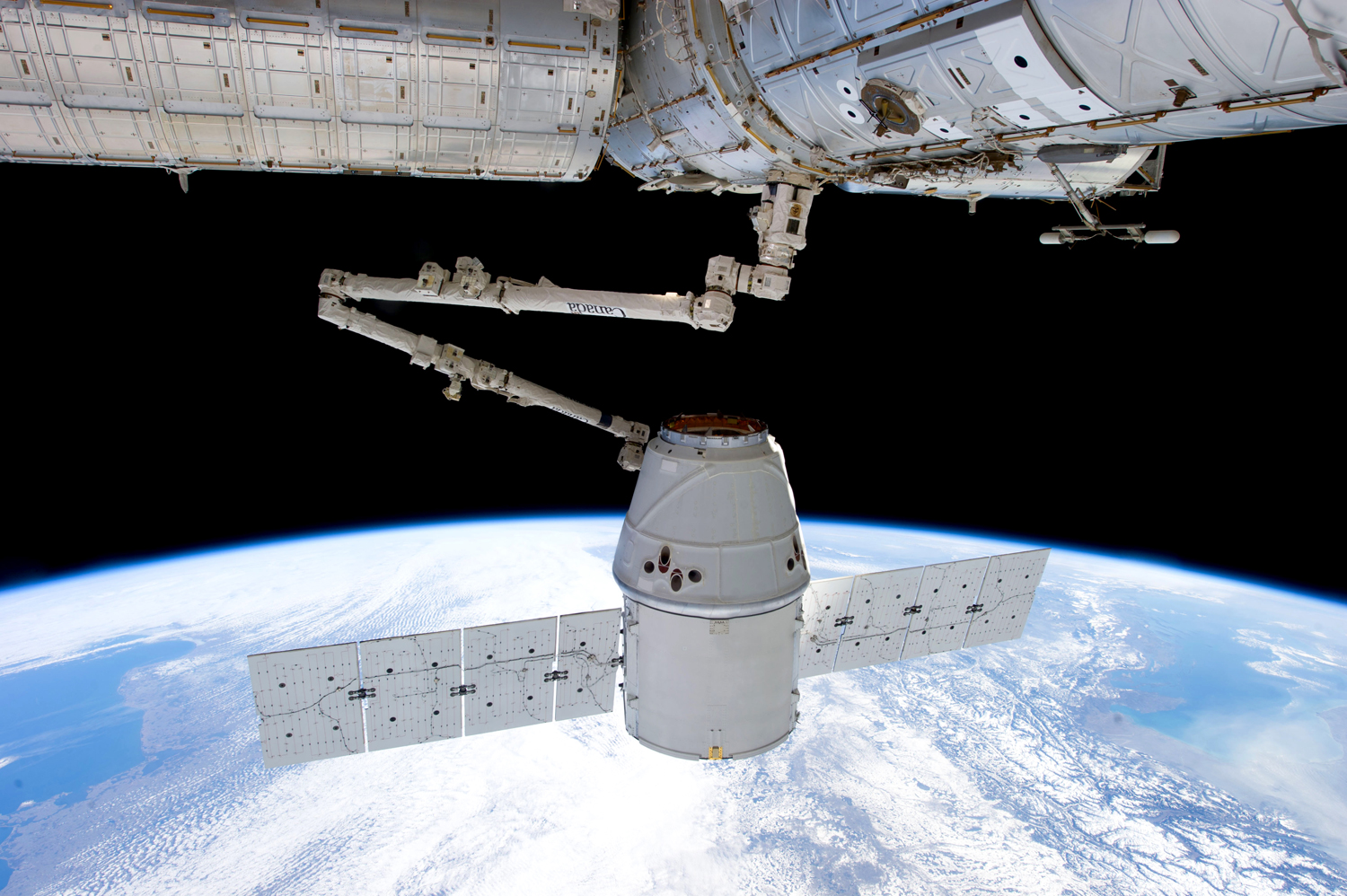
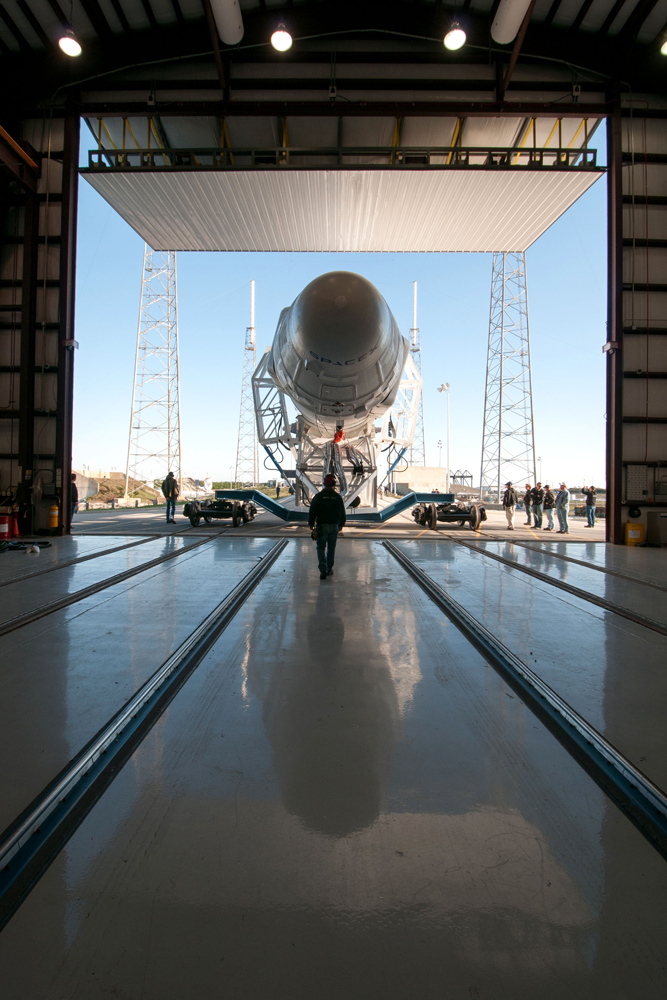
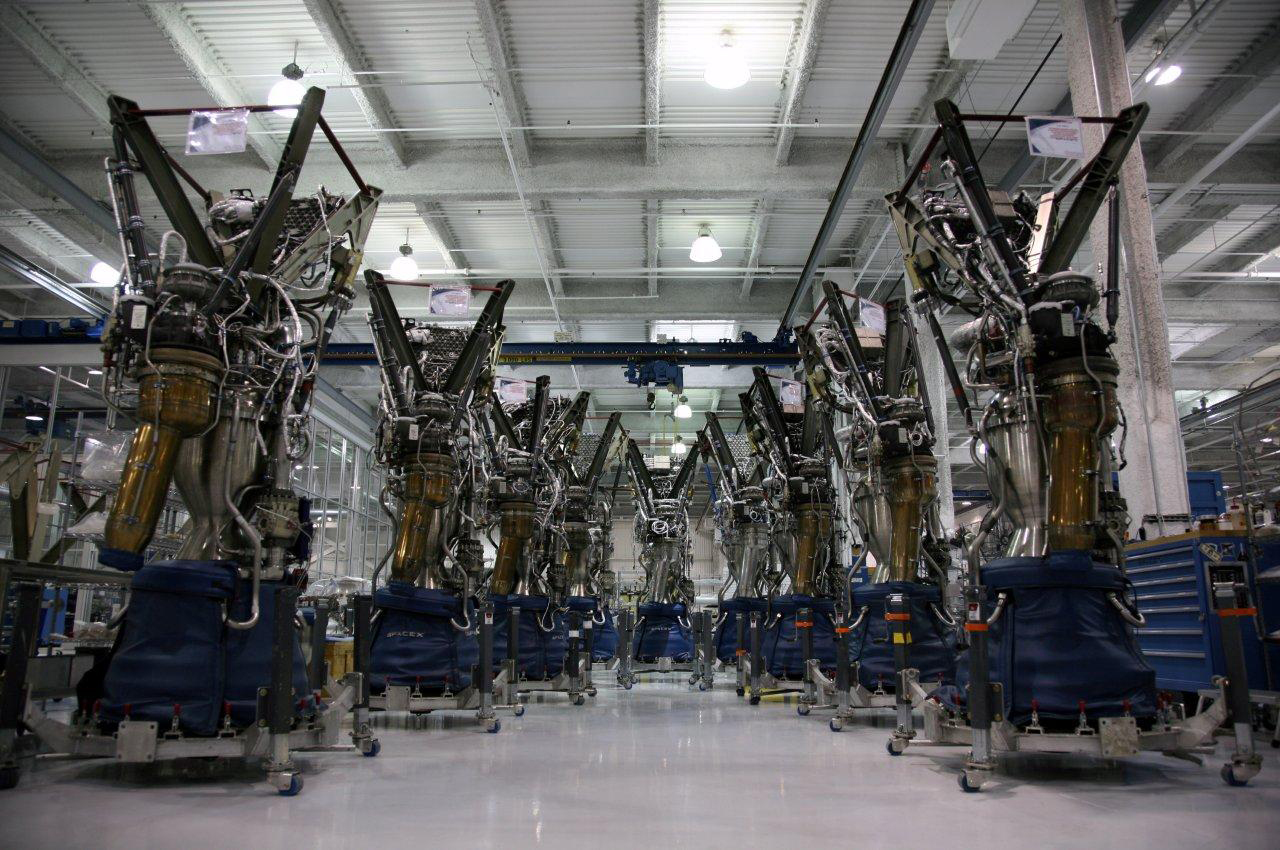
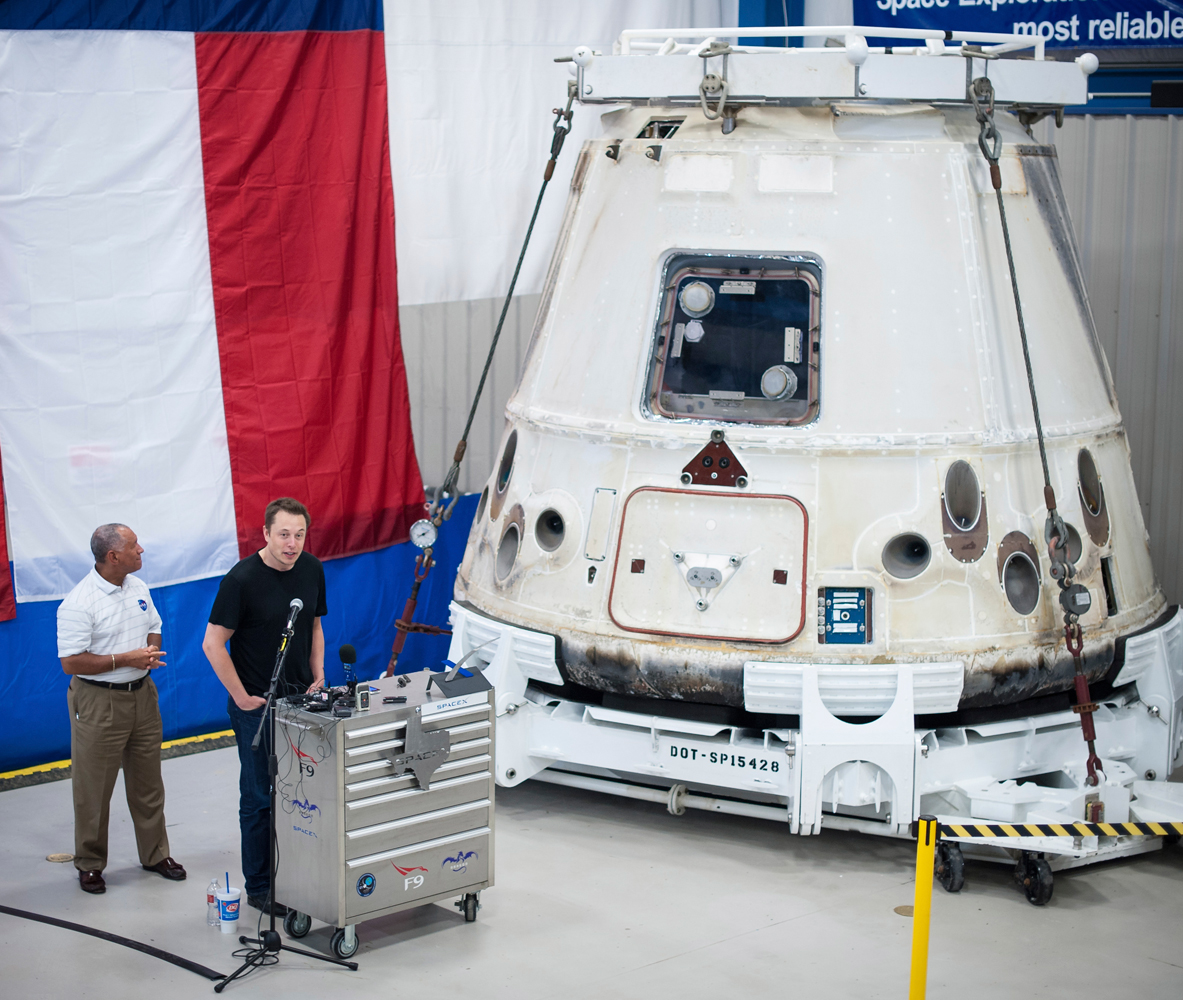
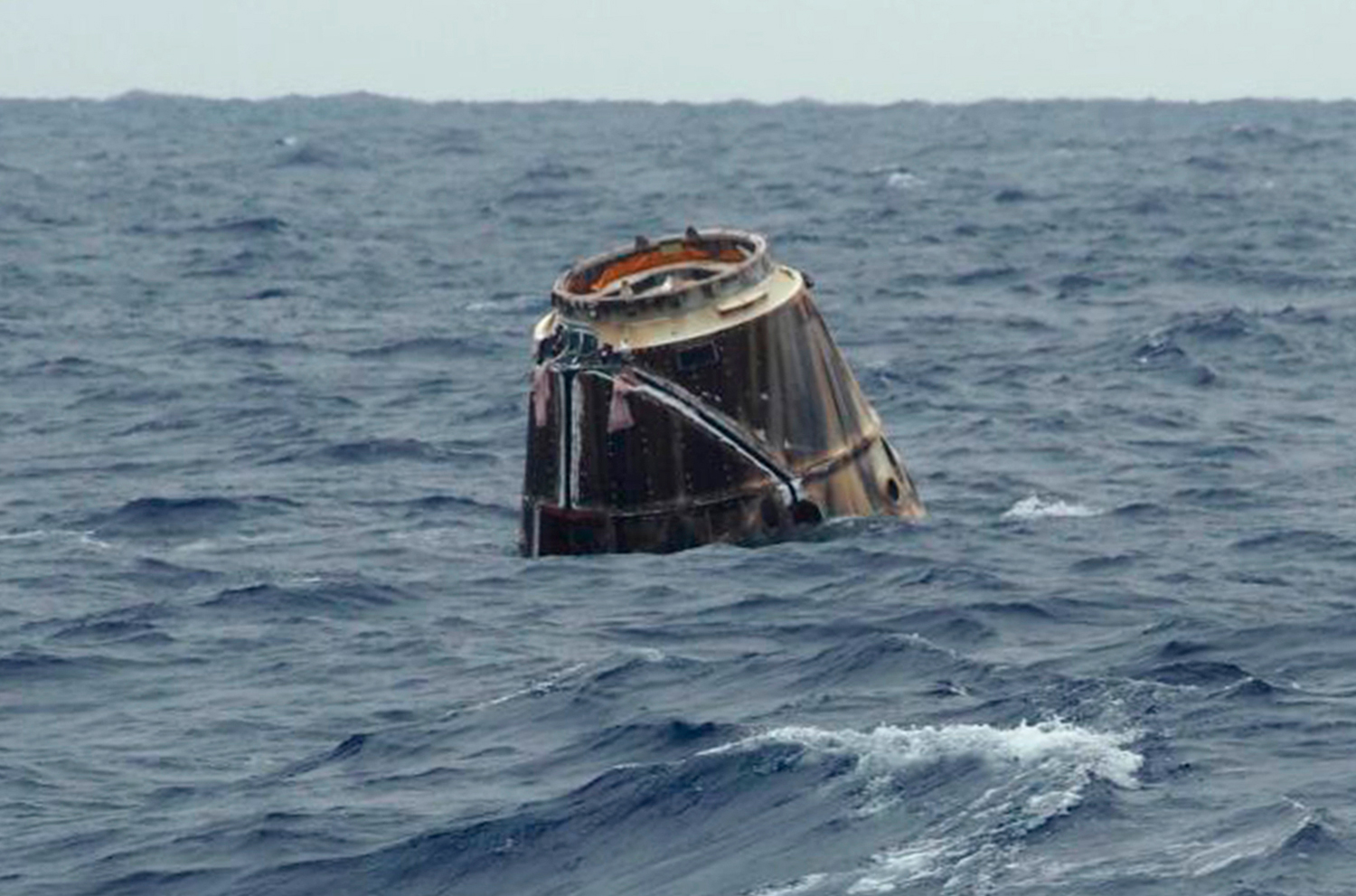
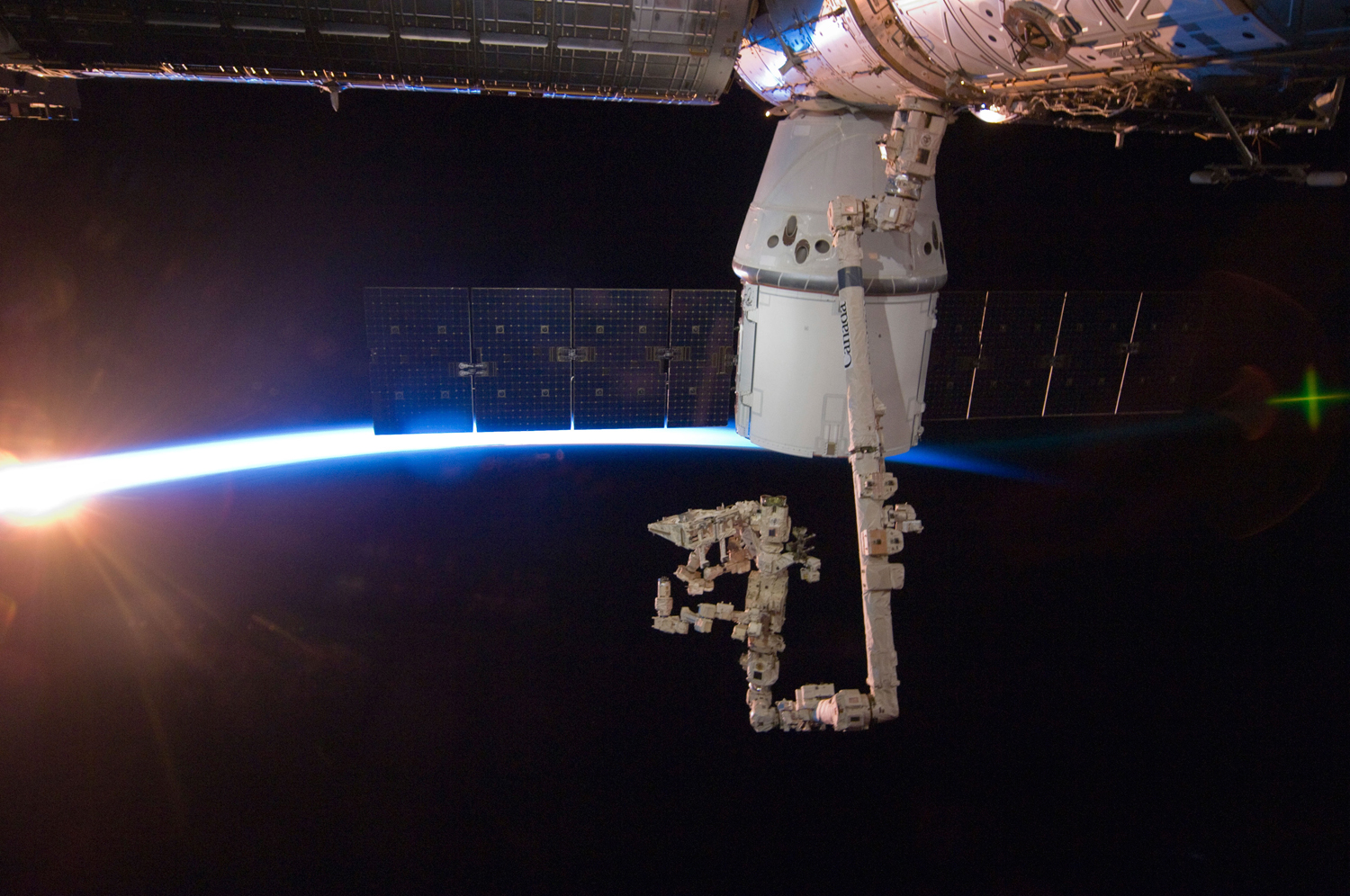
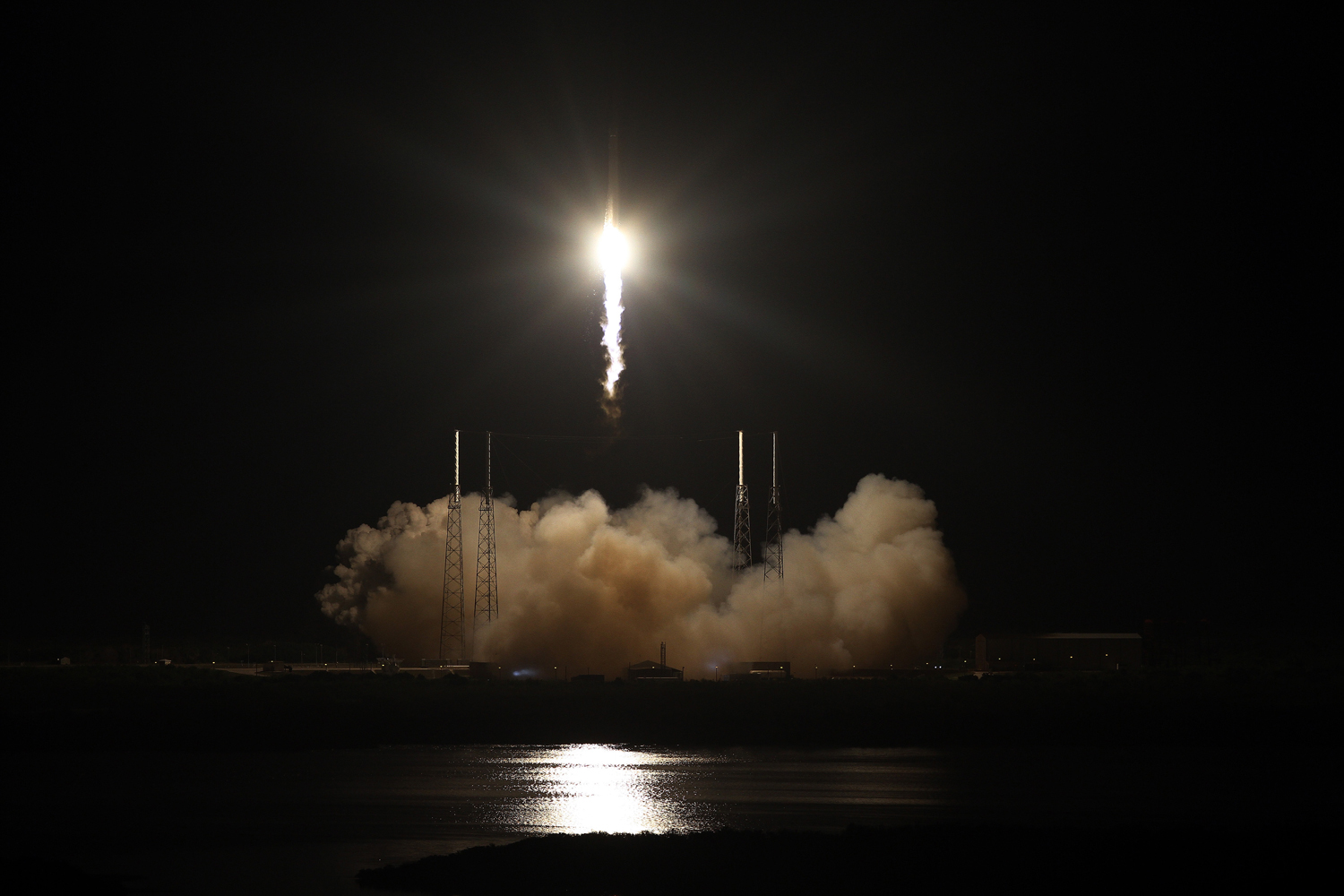
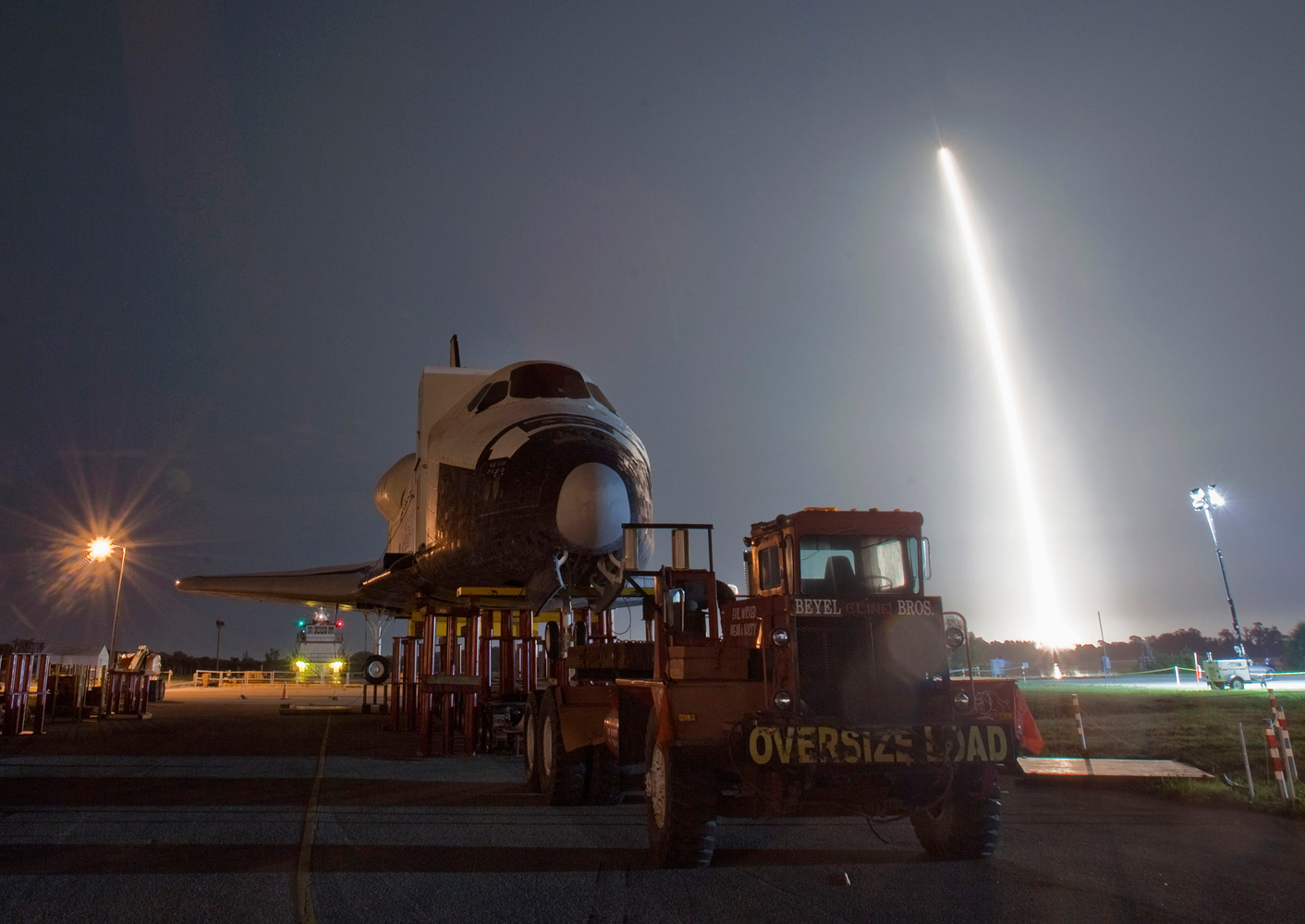
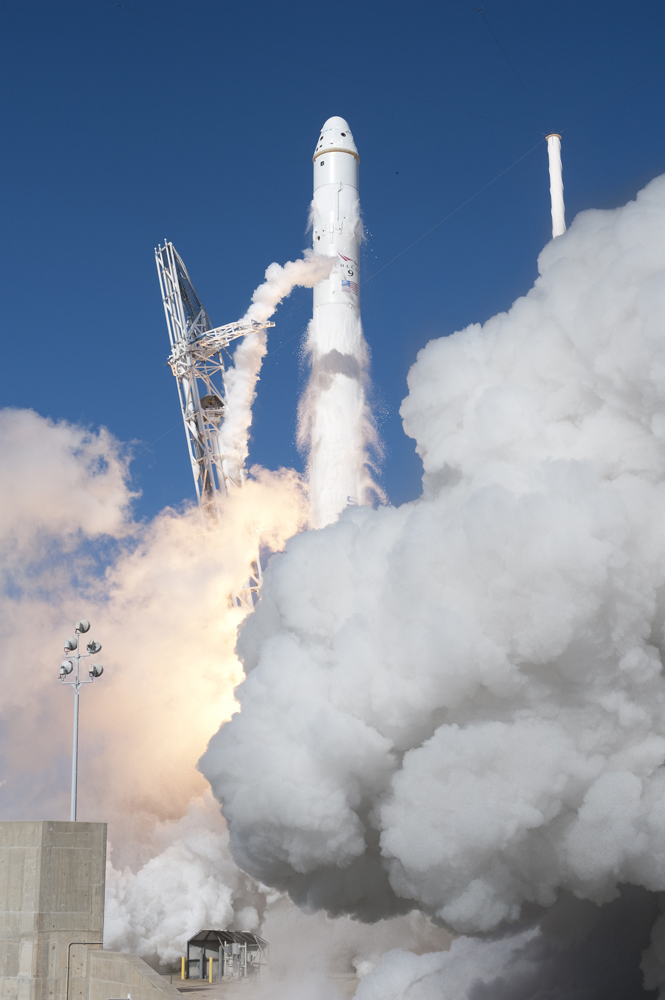
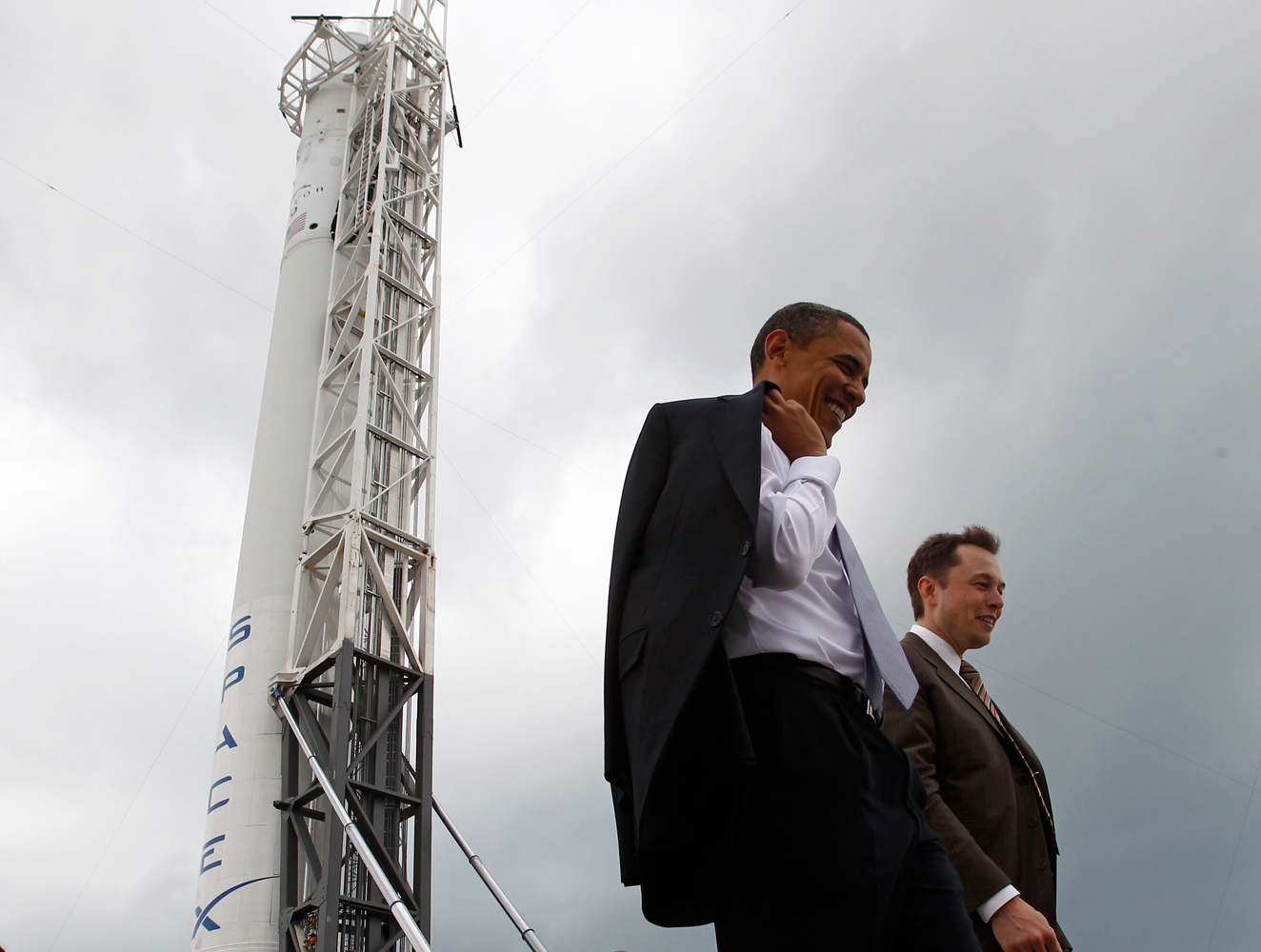
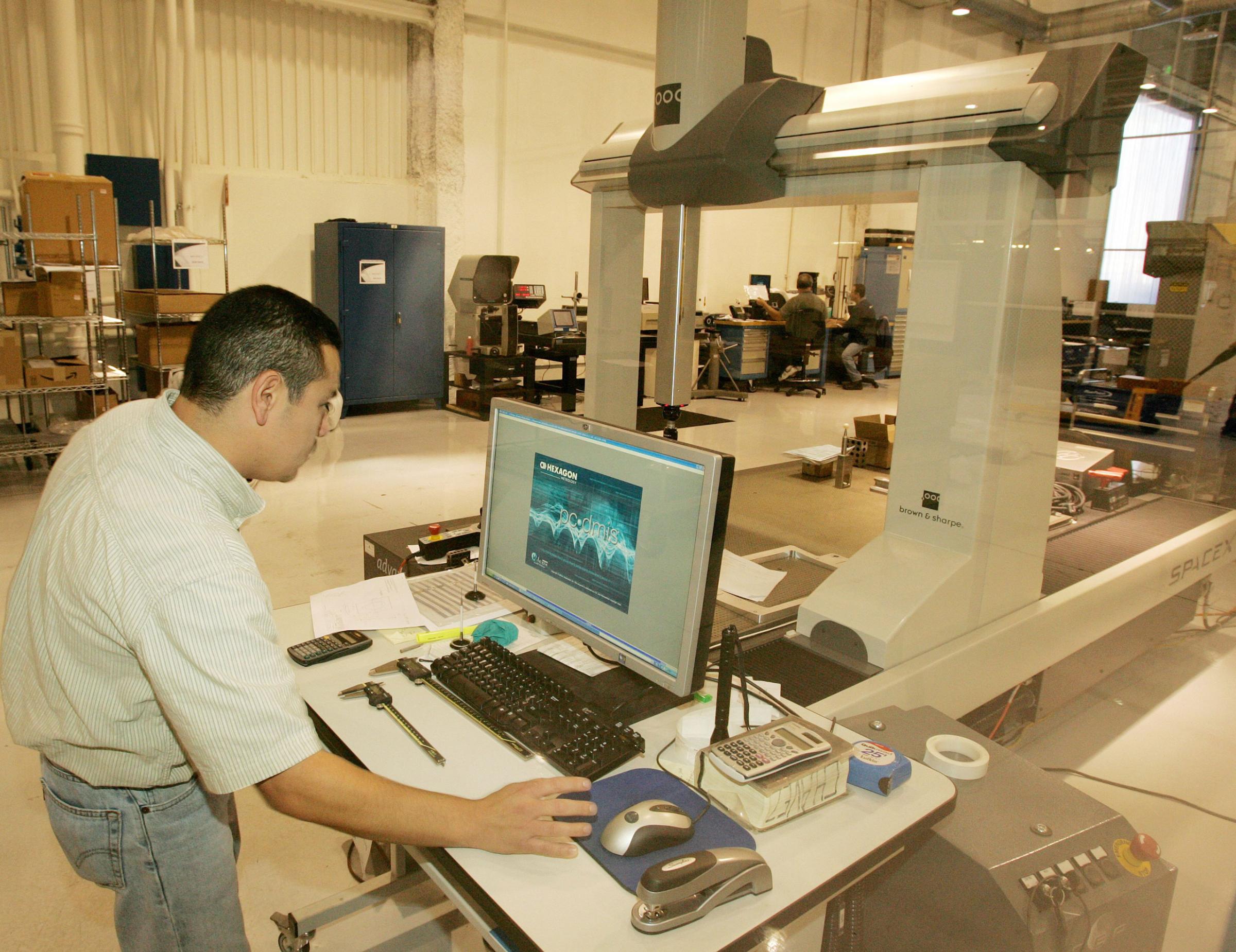
More Must-Reads from TIME
- Cybersecurity Experts Are Sounding the Alarm on DOGE
- Meet the 2025 Women of the Year
- The Harsh Truth About Disability Inclusion
- Why Do More Young Adults Have Cancer?
- Colman Domingo Leads With Radical Love
- How to Get Better at Doing Things Alone
- Michelle Zauner Stares Down the Darkness
Contact us at letters@time.com